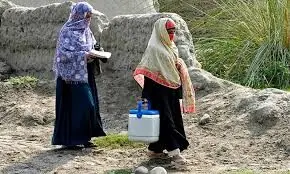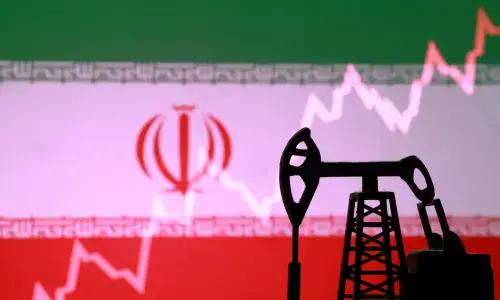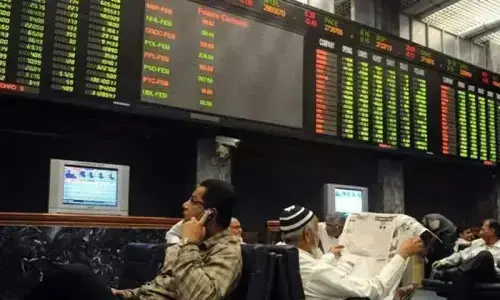ISLAMABAD: Pakistani judges are often pressured to convict people accused under the country's blasphemy laws that call for the death penalty for anyone insulting Islam, a special UN representative said Tuesday.
Gabriela Knaul, the UN's Special Rapporteur on the independence of judges and lawyers, told a news conference that lawyers are also reluctant to defend clients accused under the blasphemy laws because of intimidation.
Pakistan's blasphemy laws call for the death penalty for anyone insulting Islam, its holy book or the Prophet Muhammad.
Pakistani Christians live in fear of being arrested under the laws, which critics say are often misused to settle personal scores or family feuds.
''I am especially concerned regarding cases brought under the so-called blasphemy law as it was reported to me that judges have been coerced to decide against the accused even without supporting evidence,'' Knaul said.
''They are afraid of reprisals by local communities because of their interpretation of the law,'' she added.
Lawyers who represent people accused in such cases are often targeted and not able to properly represent their clients, she said.
Last year, two prominent Pakistani political figures who spoke out against the blasphemy laws were killed in attacks that raised concerns about the rise of religious extremism in Pakistan.
Liberal politician Salman Taseer was shot and killed by one of his own guards in January 2011, and in March 2011, militants gunned down Shahbaz Bhatti, the only Christian in Pakistan's government.
Knaul made the comments as she was wrapping up an 11-day trip to Pakistan looking at the country's judicial system.
She praised Pakistan's progress since the end of the military dictatorship that once ruled the country but pointed out a number of areas for progress.
Knaul said she was concerned about working conditions for many lower-level courts, which often operate without electricity, water or proper sanitation.
The United Nations official pointed out the lack of women in the Pakistani Supreme Court, and the threats of violence often faced by lawyers across the country.






























